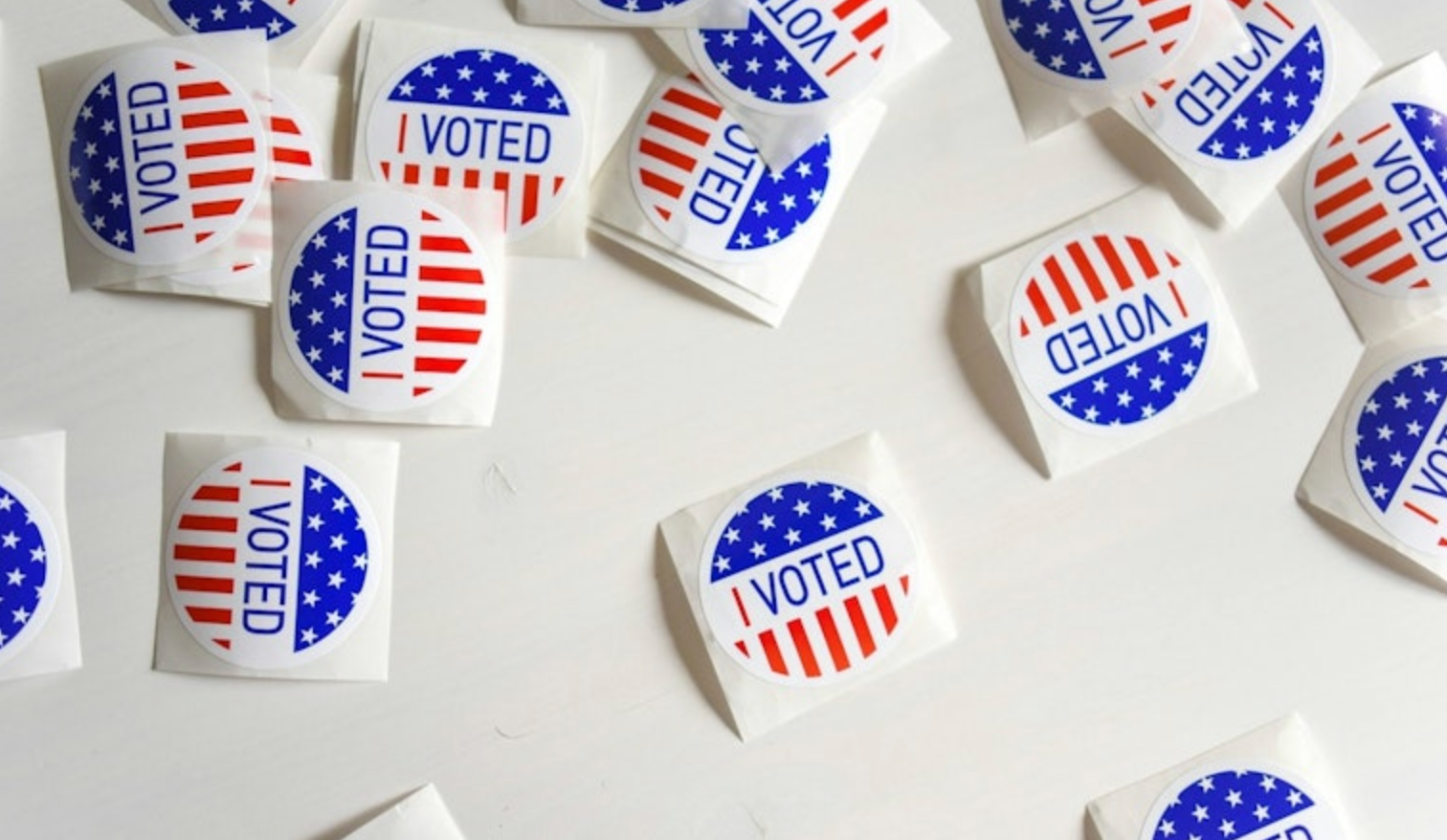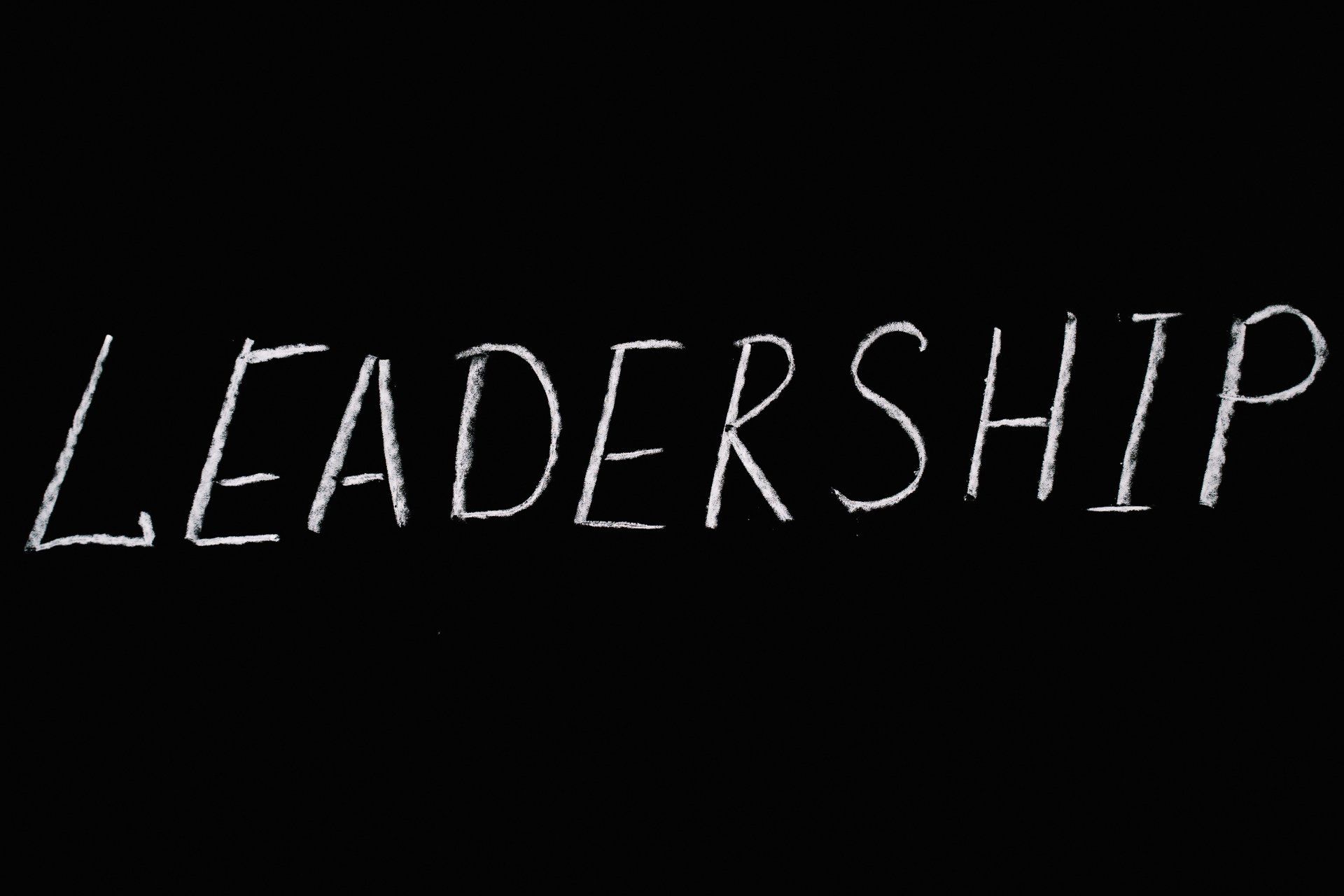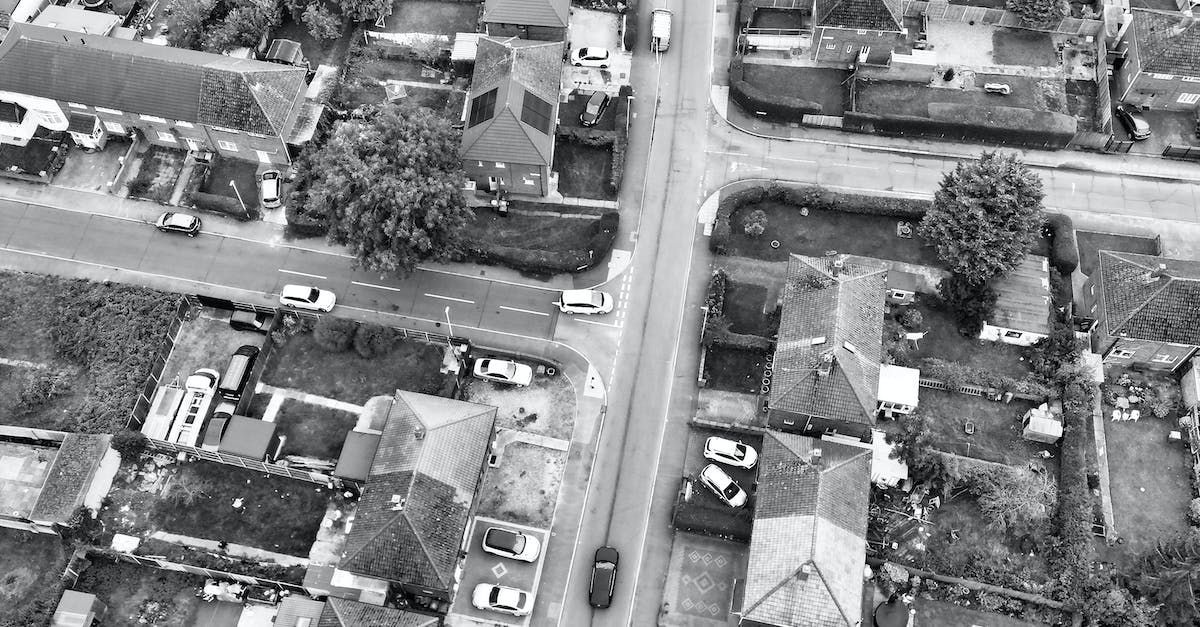Why Voting Matters
The Smallest Amount of Civic Engagement
is the Most Important

When I think about my career and the varied roles I've taken, one constant theme emerges—a deep commitment to civic engagement and empowering individuals to participate in their democracy. One of the earliest markers of this commitment was in the year 2000 when I received a commendation from the New Hampshire legislature (shout out to the fourth largest governing body in the world) for my work with Democracy in Practice, an initiative that sought to boost youth voter participation. I was young then, but even at that age, I understood the profound importance of ensuring that voices—especially those that historically went unheard—were represented at the ballot box.
Fast forward to today, and the importance of voter turnout in America has only grown more urgent. Despite decades of technological and societal advancement, we continue to face challenges in mobilizing the electorate. Low voter turnout isn't just a statistic; it's a symptom of larger issues—disconnection, disenfranchisement, and disillusionment—that erode the very fabric of our democracy. Addressing this requires more than policy tweaks; it demands a shift in how we engage communities, communicate the stakes, and make voting accessible and relevant.
My experience in local government has reinforced this conviction. I've witnessed firsthand how communities can be transformed when they feel invested in and listened to. Working with elected officials, leading boards, and advocating for policy advancements has shown me that sustainable progress stems from collective engagement. But for that engagement to be effective, people must first believe their vote matters—that their voice can shape outcomes.
So, how do we do it? How do we move from sporadic campaigns and turnout drives to creating a culture where voting is embedded as a civic duty? I believe it starts with education—not just in the schools but at community centers, workplaces, and through modern digital platforms. It involves demystifying the voting process, dispelling the myths, and showing that participation isn't reserved for the “politically inclined” but is a right and responsibility for everyone.
We also need to rethink the tools we use to engage the electorate. Grassroots initiatives should be paired with innovative technology that meets people where they are—whether through mobile-friendly registration systems, localized civic apps, or platforms that facilitate informed discussions. And yes, policy changes like automatic voter registration and extended early voting are crucial, but so is the community-level outreach that assures people these measures exist to empower them.
As someone who’s been on this path since my teenage years, advocating for broader participation isn’t just professional for me—it’s deeply personal. I’ve seen what’s possible when people engage in the process, and I've also seen what’s lost when they don't. We owe it to the next generation, the same way past generations paved the way for us, to make voting not just an option but an expectation and a celebration of our collective power.










